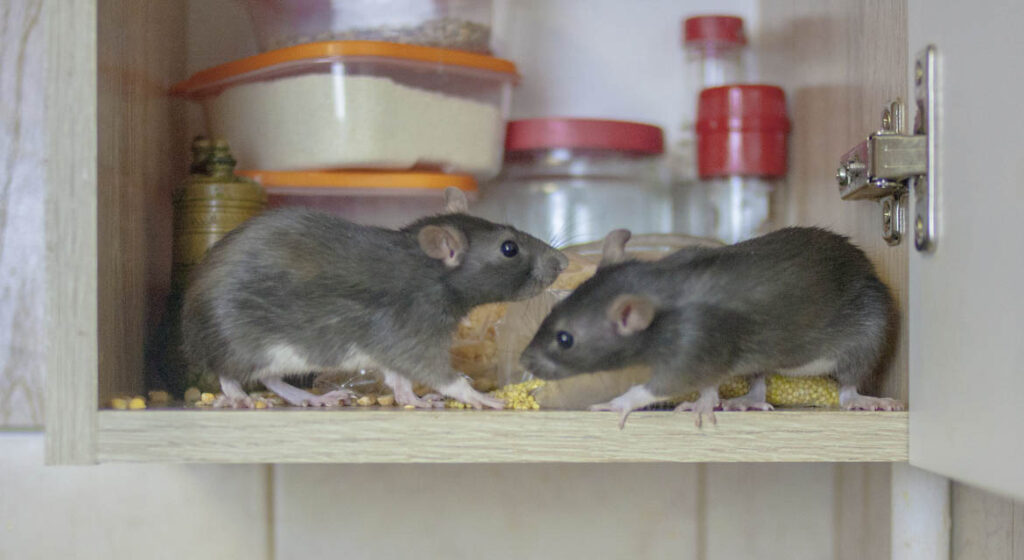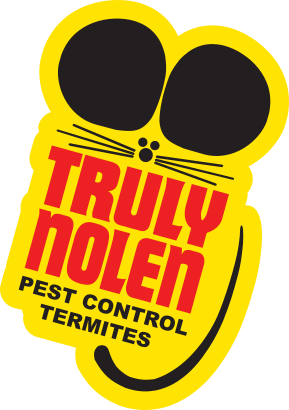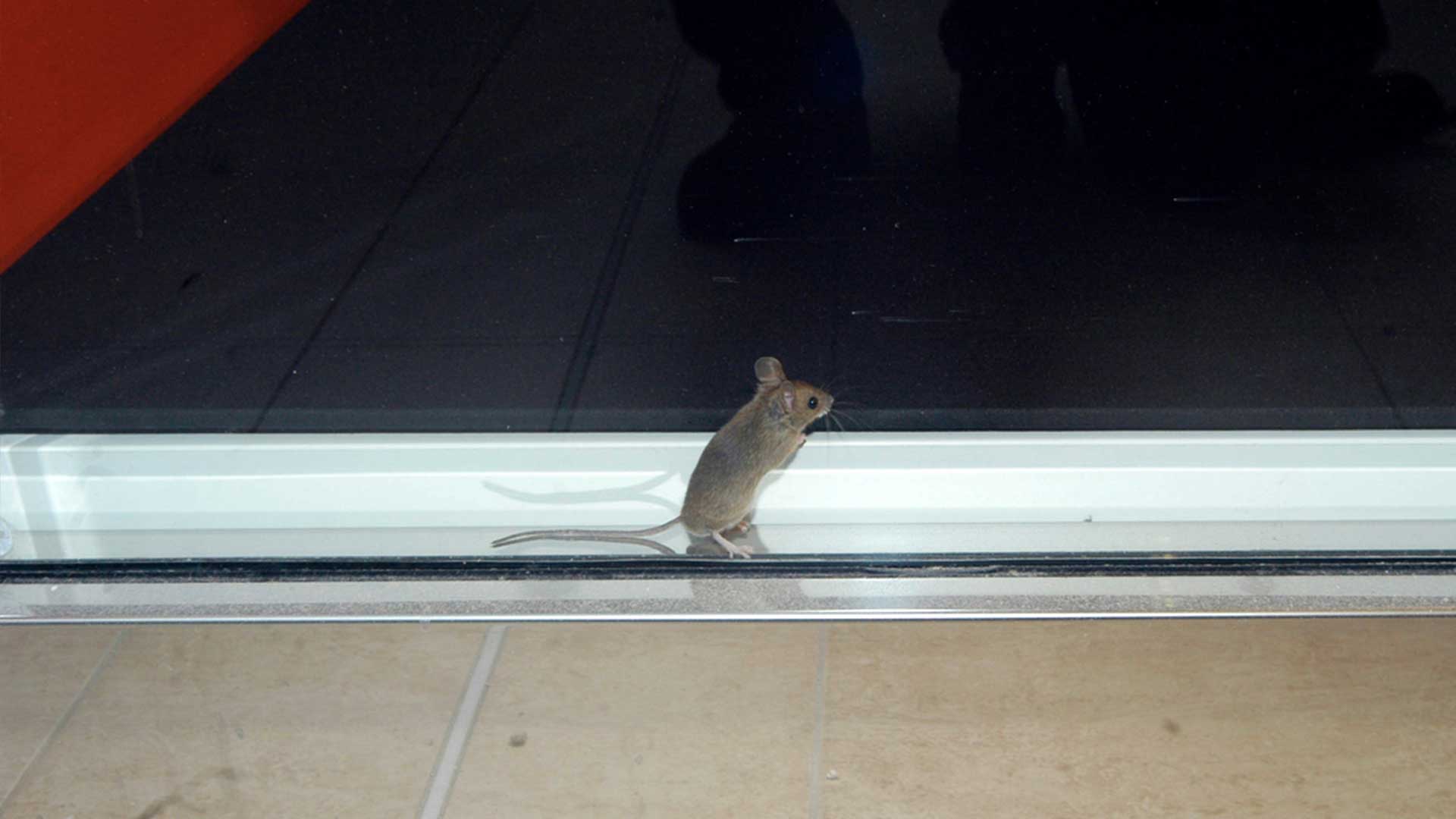
Is It Dangerous to Have Mice in Your Home?
For many homeowners, a mice infestation is an all-too-common problem that can quickly become a nightmare. These tiny rodents may seem cute and harmless, but they can pose serious health risks to you and your family. Whether you’re dealing with a few mice or a full-blown infestation, it’s important to understand just how harmful these critters can be. Here are three summary points:
- Having mice in your home can pose health risks due to disease transmission, allergens, and parasites they carry.
- Mice can cause property damage by gnawing on structures, contaminating food, and destroying belongings.
- Mouse infestations can quickly escalate, leading to structural damage, increased risk of secondary pests, and greater challenges in controlling the population.
Identifying Signs of a Harmful Mouse Infestation
A mouse infestation is a problem that can quickly spiral out of control if not appropriately addressed. It occurs when mice, usually the common house mouse, field mouse, or deer mouse, invade your home and begin to breed and nest. These small rodents are attracted to food sources and nesting materials, which they can find in various locations around your home. Infestations are a problem that many homeowners face, especially in the colder months when mice begin seeking shelter from the weather.
Mice are known for their ability to reproduce rapidly. A female mouse can give birth to a litter of up to six young every three weeks. This means that a single mouse population can quickly multiply and become a full-blown infestation in a matter of months. Mice infestations can cause a wide range of problems ranging from structural damage to health risks.
One of the telltale signs of a mouse infestation is the presence of mouse droppings. These tiny droppings, scattered around your home, can indicate the presence of a large population. Also, mice are notorious for building nests, which they construct from various materials, including shredded paper, cloth, and insulation. You may find indications of shredded materials or nesting spots, usually in dark corners, the back corners of cabinets and closets, and basements and attics.
You may also hear skittering movements or squeaking vocalizations inside your walls and under fixtures, mostly at night. If you own pets, especially cats, they can become hypervigilant and stare or scratch at places where mice may be nesting or moving about. Household animals are very attuned to ‘intruders’ in their space. When you think you’ve got a mouse infestation, it’s important to act quickly to eliminate the problem before the population can reproduce again.
Dangers of Having Mice in Your House
Mice can pose significant health risks to you and your family. These tiny pests are dangerous and can cause a variety of issues in your home. Here are some of the dangers of having mice in your house:

Truly Nolen GUARANTEE
If you’re not completely satisfied, you’ll get a full refund on your most recent service with our 100% money back guarantee.

$50 Off Year Round Pest Control
Truly Nolen is a family-owned company with 85 years of experience providing the best pest control. If you’re not completely satisfied, you’ll get a full refund on your most recent service with our 100% money back guarantee.
Food Contamination
Food contamination is a genuine concern when dealing with rodents. These pests have no qualms about making a meal out of your pantry items, and their droppings and urine can quickly spread harmful bacteria, like salmonella and E. coli, throughout your kitchen. Food poisoning can commonly result from mouse infestations, leading to vomiting, diarrhea, and dehydration. If you find signs of mouse activity in your food storage areas, immediately dispose of any affected items and disinfect the space before restocking new items.
Allergic Reactions
Some individuals may experience allergies, asthma attacks, or other skin or respiratory problems due to exposure to rodent droppings and urine. Disposing of these materials can be particularly hazardous if not done carefully. It can trigger allergic reactions in those exposed, affecting the lungs and causing breathing difficulties, especially for children and older adults. Some people may also experience an adverse skin reaction. Always wear gloves and a dust mask or bandanna when cleaning up mouse droppings or urine to minimize exposure.
Structural Damage
Mice can also cause significant structural damage to your home. They are known to chew through wood, insulation, and other materials, weakening your home’s foundation and causing structural issues. This can lead to costly repairs and renovation work that can be time-consuming and expensive. Extreme cases of wire chewing can also cause electrical fires, so it’s crucial to act quickly if you see indications of chewing or nesting of any kind.
Infectious Diseases
Rodents can carry lethal diseases like Hantavirus pulmonary syndrome (HPS) that can be transmitted directly or indirectly to humans. This is especially true for deer mice, which are known carriers of the Hantavirus. Mice are also known carriers of other various bacteria and viruses that can cause serious health problems in humans. Because mouse droppings and urine can contain dangerous pathogens like HPS, salmonella, and E. coli, it’s imperative to never clean up mouse droppings or urine without protecting your hands and wearing a face covering. When humans come into contact with these substances, they can experience symptoms like fever, diarrhea, severe respiratory problems, and in extreme cases, death.
Unchecked Reproduction
Mouse infestations can spiral out of control quickly. Mice reproduce rapidly, and a single female mouse can give birth to several litters of mice in a short period. Within a few weeks, a small population of mice can turn into a full-blown infestation, which can be challenging to get under control. The more mice in your home, the more likely they have to cause any of the above issues.
Can You Get Rid of Mice on Your Own?
Before calling us to consult with our trained technicians, you can certainly try DIY methods of mouse control. Here are four DIY methods for preventing and eliminating a mouse infestation:
Seal Entry Points: Start by inspecting your home for potential entry points where mice can squeeze through. Seal any cracks, gaps, or holes in walls, floors, and foundations using steel wool or caulk. This will prevent new mice from entering your home.
Set Traps: Place mouse traps in areas where mouse activity has been observed, such as along walls, near food sources, or in dark corners. Use snap traps or humane catch-and-release traps, depending on your preference. Bait the traps with peanut butter or a small piece of cheese to attract the mice. Regularly check the traps and dispose of any captured mice.
Keep a Clean Environment: Mice are attracted to food and shelter, so maintaining a clean and clutter-free environment is crucial. Store food in airtight containers, clean up spills promptly, and dispose of garbage properly. Regularly vacuum and sweep floors to remove crumbs and food debris that can attract mice.
Use Natural Repellents: Some natural repellents can help deter mice. Peppermint oil, for example, has a strong scent that mice dislike. Soak cotton balls in peppermint oil and place them in areas where mice are likely to be present. Additionally, you can sprinkle a mixture of cayenne pepper and garlic powder in areas of mouse activity, as mice are sensitive to these strong odors.
Remember, while DIY methods can be adequate for small mouse infestations, if you’re dealing with a large or persistent infestation, it’s advisable to seek professional pest control assistance to ensure complete eradication and prevent future problems. Always follow safety guidelines when handling traps and repellents, and consider the well-being of pets and children in your home. We’re always here to help!
Call Your Local Truly Nolen Pest Control Expert
If you’ve spotted a mouse or two scurrying around your home, it’s time to call in the experts. Mouse infestations can quickly spiral out of control, and if left unchecked, they can pose serious health risks to you and your family. That’s why calling your local Truly Nolen pest control expert at the first sign of trouble is important.
Our professionals are highly trained and experienced in dealing with all kinds of mouse infestations, from the common house mouse to the more elusive deer mice. They know where to look for nests, food sources, and other telltale signs of mouse activity, and they have the tools and knowledge to safely and effectively eliminate the problem.
If you spot any telltale signs of a mouse infestation, such as mouse droppings, gnawed materials, strange noises, nesting materials, or unpleasant odors, contact your local Truly Nolen pest control expert immediately. They can assess the extent of the infestation and recommend the most effective course of action, whether it’s trapping, baiting, or exclusion techniques.
Don’t wait until your mouse problem becomes a serious health or safety hazard. Call us today and get peace of mind knowing that your home is safe and mouse-free.

$50 Off Year Round Pest Control
Truly Nolen is a family-owned company with 85 years of experience providing the best pest control. If you’re not completely satisfied, you’ll get a full refund on your most recent service with our 100% money back guarantee.
Frequently Asked Questions
How do I know if I have a mouse infestation?
Signs of a mouse infestation include droppings, gnaw marks on food packaging or structures, evidence of nesting materials, scampering or squeaking sounds at night, and sightings of live or dead mice. An inspection by a pest control professional can help confirm the presence of mice. Learn More!
Are mice dangerous?
Mice can pose various risks. They can contaminate food with their droppings and urine, spread diseases such as salmonella and hantavirus, cause damage to structures and belongings through gnawing, and trigger allergies and asthma symptoms in some individuals. Learn more about mice
How do I prevent mice from entering my home?
Preventive measures include sealing any gaps or cracks in the building’s exterior, installing door sweeps and weatherstripping, keeping food stored in sealed containers, regularly cleaning up food crumbs and spills, and maintaining proper sanitation practices.
Can I get rid of mice on my own?
While DIY mouse control methods may be effective for small infestations, severe or recurring infestations often require professional assistance. Pest control professionals have the knowledge, tools, and experience to effectively eliminate mice and implement preventive measures.
How long does it take to get rid of a mouse infestation?
The duration of mouse control depends on various factors, including the size of the infestation, the accessibility of nesting areas, and the effectiveness of control measures. It typically takes a few weeks to eliminate an infestation completely, but regular monitoring and ongoing preventive efforts are necessary to ensure long-term control.

